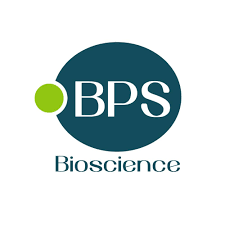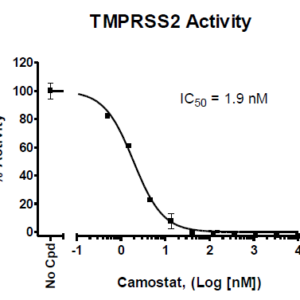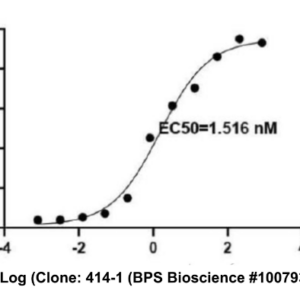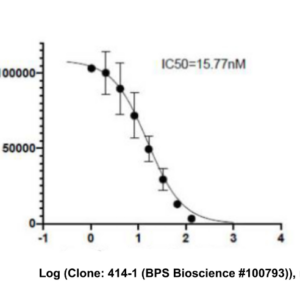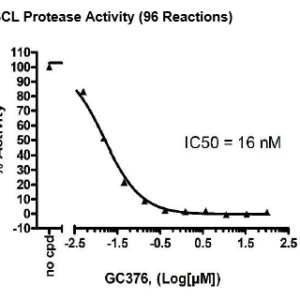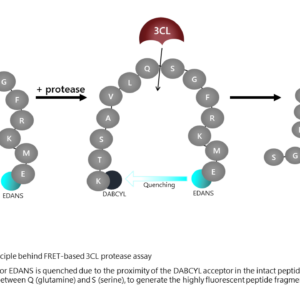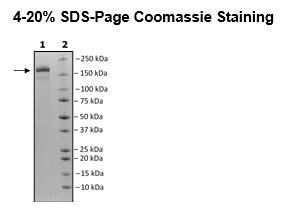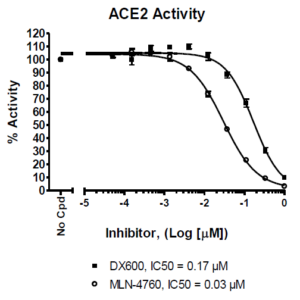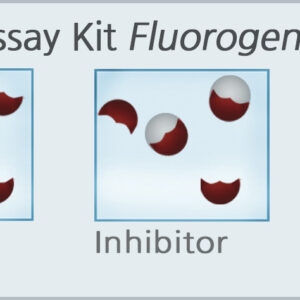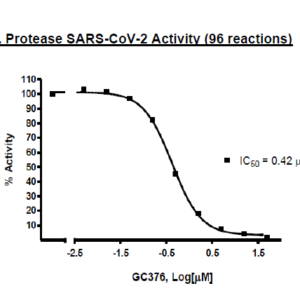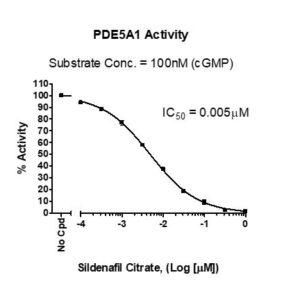
Supplier: BPS Bioscience
Cat no.: 78109
Amount: 384 reactions
Applications: Great for studying enzyme kinetics and HTS applications.
Storage/Stability: At least 6 months from date of receipt when stored as directed.
The SARS-CoV-2 RdRp Homogeneous Assay Kit is an advanced scientific tool developed specifically to evaluate the activity of the SARS-CoV-2 RNA-dependent RNA Polymerase (RdRp). This kit is particularly suited for those who are keen on screening and profiling applications pertaining to this novel coronavirus. One of the notable features of the RdRp is that it functions as a complex, involving the collaboration of NSP12, NSP7, and NSP8 proteins.
The RNA-dependent RNA Polymerase plays an integral role in the life cycle of coronaviruses. Its significance cannot be overstated, especially given the global impact of the SARS-CoV-2 virus. Moreover, this particular enzyme has been identified as one of the most promising druggable targets for SARS-CoV-2, making research in this area extremely pertinent and timely. With the rise in the need for effective treatments and interventions against the virus, tools like the SARS-CoV-2 RdRp Homogeneous Assay Kit become indispensable.
This kit adopts the reliable AlphaLISA® format, which is known for its precision and ease of use. The reaction mixture that is a part of this kit contains Digoxigenin-labeled RNA duplex and biotinylated ATP, in addition to the RdRp assay buffer (which consists of 2 components plus DTT), and a purified RdRp enzyme. The fundamental principle of the SARS-CoV-2 RdRp Homogeneous Assay Kit is its ability to measure the direct incorporation of ATP into the double-stranded RNA chain. Importantly, any increase in the recorded Alpha-counts is directly proportional to the volume of ATP that has been incorporated into the RNA.
To elucidate the methodology: using this kit to detect RNA-dependent RNA Polymerase activity is relatively straightforward. It demands only three uncomplicated steps on a microtiter plate. The process begins with the incubation of a sample containing the RdRp enzyme with the reaction mixture. Subsequently, acceptor beads are introduced to the mixture, followed by the addition of donor beads. The final step involves reading the accumulated Alpha-counts, thereby deducing the RdRp activity.
Product information: https://bpsbioscience.com/pub/media/wysiwyg/coronavirus/78109.pdf
| Vendor | BPS Bioscience |
|---|
Related products
Coronaviruses
Coronaviruses
Coronaviruses


